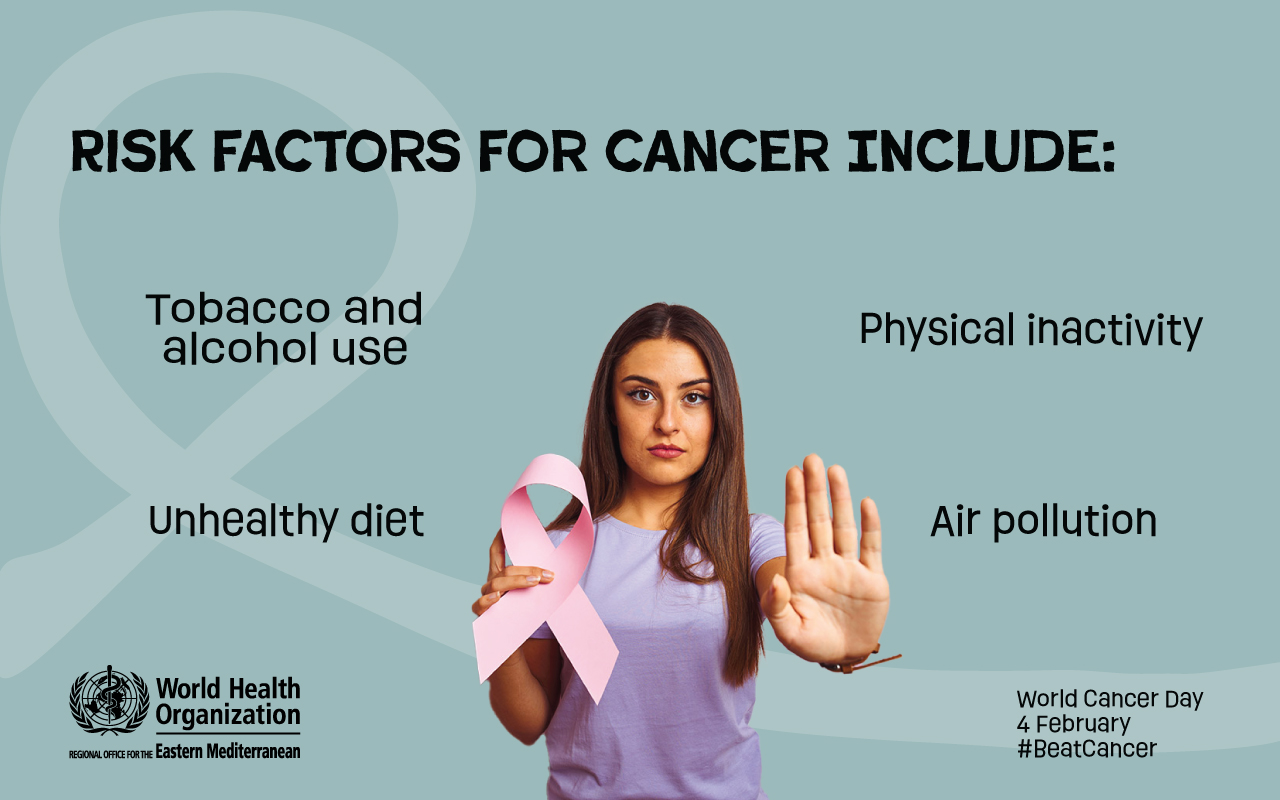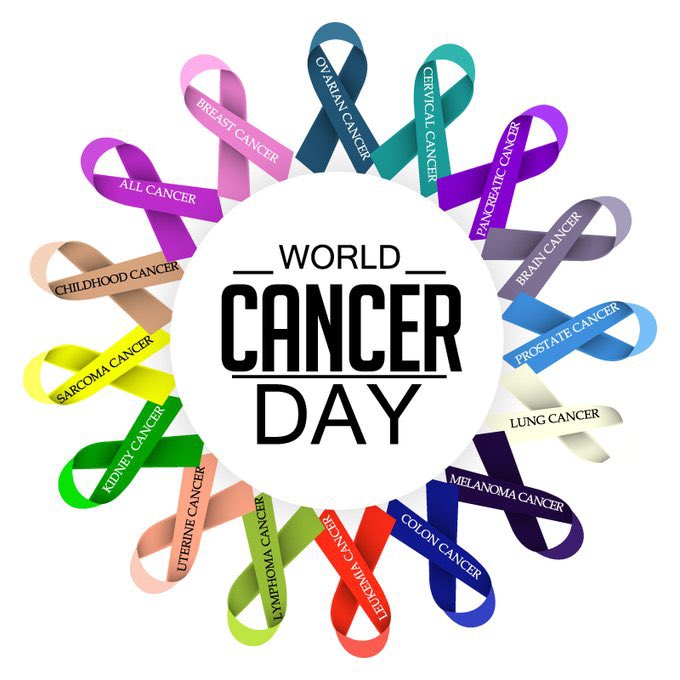The international community marked World Cancer Day on Sunday, February 4 with the theme, “Together, we challenge those in power”.
It is a day set aside every year to raise awareness on fundamental issues of cancer as the world has focused on helping “Close the cancer gap: Everyone Deserves Access to Cancer Care” from 2022 to 2024.
Africa’s statistics released by the World Health Organisation (W.H.O) on World Cancer Day stated that in 2020, approximately 1.1 million new cancer cases were recorded, with around 700,000 deaths.

“About 50% of new cancer cases in adults in Africa are due to breast, cervical, prostate, colorectal, and liver cancers,” it said.
Speaking of the UN observance day, the WHO Regional Director for Africa, Matshidiso Moeti, also warned that cancer mortality in Africa is projected to reach about one million deaths per year by 2030 if urgent measures are not taken.
It said in 20 years, cancer death rates in Africa will overtake the global average of 30% as cancer survival rates in the region currently average 12%, which is much lower than the average of over 80% in High-Income Countries.
“Nevertheless, we commend the progress made in cancer prevention and care in our region. For instance, 17 countries have introduced high-performance-based screening tests in line with the WHO recommendations.
“Also, 28 of our Member States have introduced nationwide HPV vaccination to reach about 60% of the priority population targeted with HPV vaccination.” the W.HO. address on World Cancer Day partly read.
A recently conducted survey conducted by the W.H.O’s cancer arm, the International Agency for Research on Cancer (IARC), showed that “The rapidly growing global cancer burden reflects both population ageing and growth, as well as changes to people’s exposure to risk factors, several of which are associated with socioeconomic development.”
The research findings released on the occasion of World Cancer Day showed that “Tobacco, alcohol, and obesity are key factors behind the increasing incidence of cancer, with air pollution still a key driver of environmental risk factors.”
The W.H.O, including through its cancer initiatives, “is working intensively with more than 75 governments to develop, finance, and implement policies to promote cancer care for all. To expand on this work, major investments are urgently needed to address global inequalities in cancer outcomes.”


